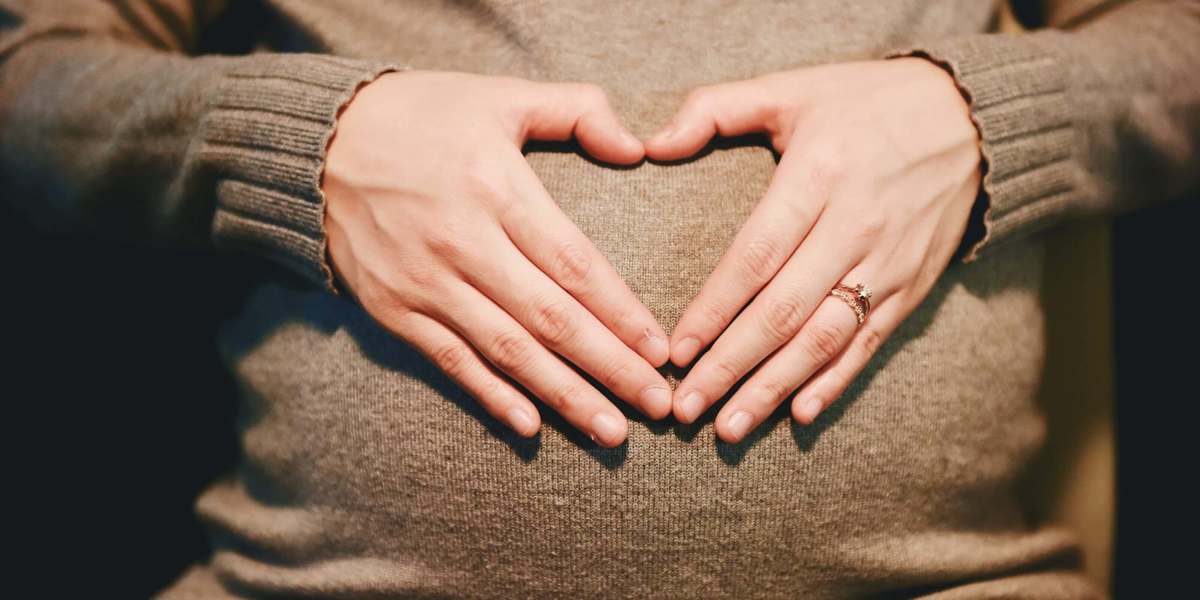
There’s plenty to think about when you’re expecting a baby, but don’t forget to think about your oral health too.
Some expecting mums will go the whole nine months with no oral health issues, however the fact of the matter is that pregnancy puts you at higher risk for tooth decay and gum disease – also known as “pregnancy gingivitis”.
There is also growing evidence to suggest a link between gum disease and premature, underweight births. More research is needed to confirm how gum disease affects pregnancy outcomes. But it appears that gum disease triggers increased levels of biological fluids that induce labour. Data also suggests that when gum disease worsens during pregnancy, there’s a higher risk of having a premature baby.
Potential oral health issues to be aware of during pregnancy:
Pregnancy gingivitis
- Hormonal changes in pregnancy may affect your mouth. If your gums are feeling swollen or tender, you may be experiencing pregnancy gingivitis. Your gums may also be more prone to bleeding when flossing or brushing. Left untreated, gingivitis can lead to more serious forms of gum disease. Your dentist may recommend more frequent cleanings to prevent this.
Increased risk of tooth decay
- A number of reasons may be behind increased tooth decay when pregnant. The first and most obvious is that as the baby develops you need to consume significantly more nutrients than usual and this, in some individuals, can mean not only an increased amount of carbs but also an increased frequency of eating both of which can make you more susceptible to decay. In addition, during the first trimester a proportion of women can suffer from morning sickness and the acid that is generated in the mouth can significantly weaken the enamel. Finally, during the final trimester as the baby gets close to full term many patients complain of acid reflux as the result of the pressure baby is putting on the stomach.
Dysgeusia and Ptyalism – bad tastes in mouth!
- During pregnancy, you may experience symptoms of dysgeusia (changing taste buds or a bad taste in your mouth) or ptyalism (too much saliva). Fortunately, this condition resolves after pregnancy and is basically harmless, but it can be annoying for a pregnant woman who is trying to eat right, and maintain good dental hygiene and prevent cavities.
- Dysgeusia is distinct from the food cravings or food aversions that occur in pregnancy, when pregnant women seek out certain foods that they might not have liked in the past, or find that former favourite foods are unpalatable or taste strange.
Medications
- It is important that your dentist knows how your pregnancy is progressing along with any medications you may be taking. This is especially important if your dentist is considering prescribing you any medications for either pain relief or dental infections so they can be sure that these are safe to use during pregnancy.
Local anaesthetics while pregnant
- As a general rule, dentists avoid non-essential treatment during pregnancy – although hygiene appointments are extremely important. However, If you’re pregnant and need a filling, root canal or tooth extracted, one thing you don’t have to worry about is the safety of the numbing medications your dentist may use during the procedure. They are, in fact, safe for both you and your baby.
X-Rays during pregnancy
- Again, as a general rule, dentists will generally avoid non-essential x-rays during your pregnancy as many times these can be easily deferred until once the baby is born. However, again it is considered quite safe to get an X-ray during pregnancy if required. These days the radiation dose from dental radiographs is extremely low with even multiple x-rays still producing a lower radiation dose than a flight to Australia!
What can I do to ensure a healthy mouth during pregnancy?
Brushing and flossing twice a day can fall by the wayside during pregnancy for many reasons, including morning sickness, a more sensitive gag reflex, tender gums and exhaustion.
It’s especially important to keep up your routine, as poor habits during pregnancy have been associated with premature delivery, growth restriction, gestational diabetes and preeclampsia.
Also, eating a balanced diet and visiting your dentist regularly will help reduce dental problems that can occur in pregnancy.
Written with the help of Dr Steven Casci, Dentist at Lumino Auckland Central and Ponsonby.